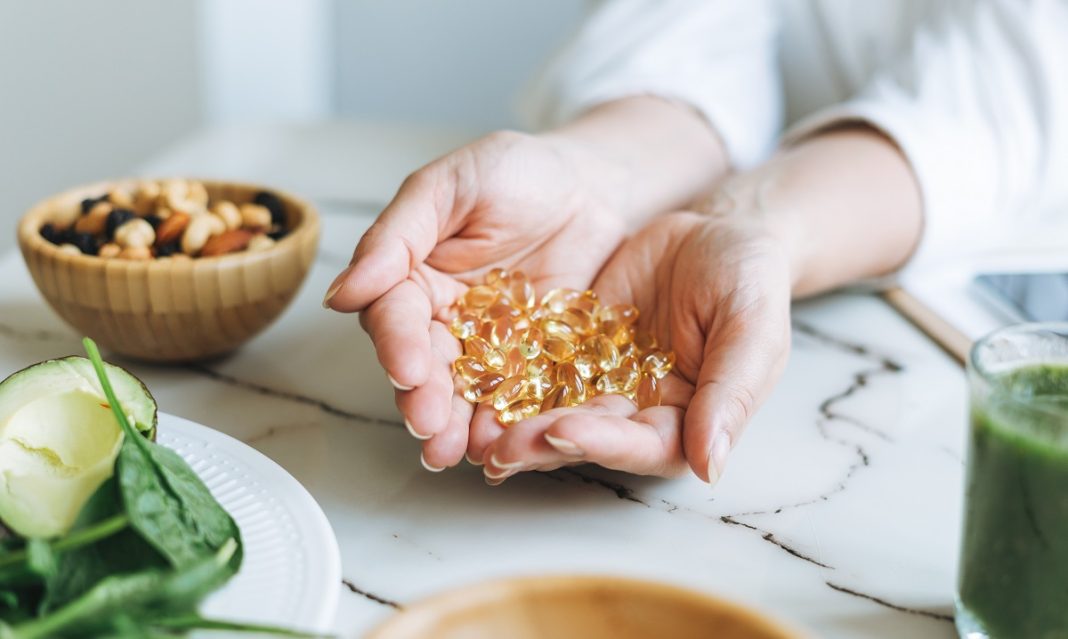If you’ve been wondering which vitamin helps you live longer, the answer is here. Unfortunately, there’s no standard protocol to combat the passage of time, or at least it hasn’t been discovered yet.
Rich people have turned to expensive injections of young plasma that cost thousands of dollars. Other researchers say the benefits of regular, consistent exercise and a healthy diet are unparalleled. They say the results of exercise training are the best and the antidote to ageing.
The vitamin that helps you live longer
But if there’s an anti-ageing capsule, valued by almost everyone who invests in longevity, studies ageing or personally faces ageing can agree: vitamin D.
Immunity expert Dr. Anthony Fauci, anti-aging researcher João Pedro de Magalhães and billionaire longevity investor Christian Angermayer have all said they take vitamin D supplements. They consume it in different doses and at different times of the year.
Angermayer said it’s “one of the really proven things” people could use to fight aging. He bases this on the beneficial effects vitamin D can have on the immune system. It also has a big impact on cancer risk.
Vitamin D helps calcium absorption, which reduces inflammation
Vitamin D helps the intestines absorb calcium from food, keeping bones healthy and strong. When you can’t take enough calcium from your diet, your body uses from the calcium stored in your bones to meet its needs.
Studies have consistently shown that older adults who take vitamin D supplements (comprising between 400 and 800 IU per day) significantly reduce the risk of bone fractures.
Vitamin D is also known to help prevent muscle cramps and spasms, reduce inflammation and improve immune function.
Recommended dose of vitamin D according to age
Children and adults up to the age of 69 technically all have the same recommended daily dose of vitamin D in the US (600 IU).
Dr. John Bilezikian, an endocrinologist at Columbia University Medical Center, said that for most people about 15 to 20 minutes of sun exposure in the summer months should be enough.
Oily fish, such as salmon or tuna, as well as beef, milk and egg yolks, can also help replenish vitamin D stores.
But there are a few groups of people who should consider vitamin D supplements throughout the year. These include:
- older adults (who cannot absorb vitamin D efficiently);
- people who are not regularly exposed to the sun or who do not eat enough vitamin D-rich foods;
- people with darker skin (which can make it harder to absorb vitamin D from the sun).
Experts recommend that once people reach the age of 70, they increase their vitamin D intake to 800 IU per day.
However, it’s not advisable to overdo vitamin D intake either. Too much can lead to dangerous calcium buildup in the kidneys, heart, blood and lungs. The safe upper limit is 4,000 IU per day, according to the National Institutes of Health.

